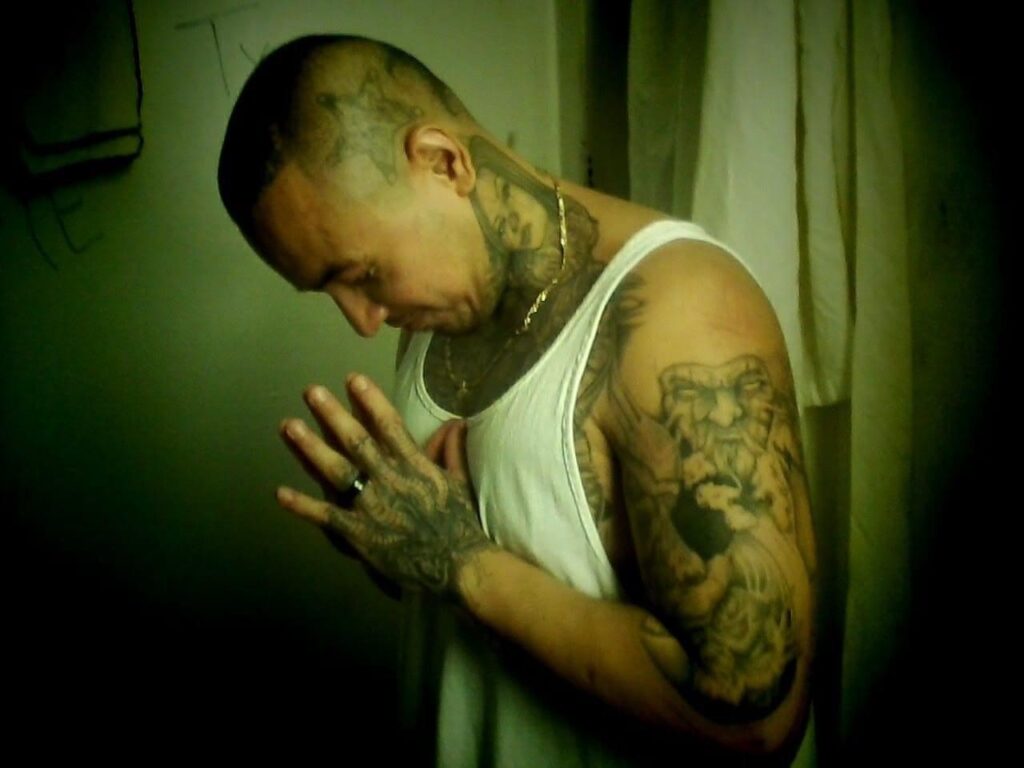Residential Reentry Center
An Epicenter Initiative
Mercy Street Residential Reentry

Our residential project is premised on the 1 Corinthians 13:11 (NET) standard of transformational living:
“When I was a child, I talked like a child, I thought like a child, I reasoned like a child. But when I became an adult, I set aside childish ways.”
Under Texas “tough-on-juvenile-crime” legislation enacted in the mid-1990s, many justice involved youth between the ages of 14 and 17 were prosecuted as adults and placed into the adult prison system with extreme (40+ year) sentences. Currently, approximately 1,400 Second Lookers are serving virtual life or capital life sentences in Texas adult prisons. They are legislatively excluded from the benefits of earlier parole through earned “Good Conduct Time” and “Work Time” credits. They must serve a minimum of 30 or 40 years, respectively, before becoming eligible for parole. Even then, the current parole process does not take youthfulness into account as a mitigating factor, which means many will languish in prison for 40+ years with no hope in sight. Passage of the Second Look bill in 2025 would allow earlier and more meaningful parole eligibility for Second Lookers at 20 years.
While Texas “tough-on-juvenile-crime” politics attempted to resolve immediate youth crime concerns, they failed to factor in the long-term ramifications of extreme prison sentences. Long-term incarceration has not only proven to increase the dangers of institutionalization, including both mental and physical health deterioration, but it suppresses the formation of normal social skills and etiquette, limiting the acquisition of real-world job training and technological prowess. Incarcerating justice involved youth until they are 40, 50, or 60 years old is counterproductive toward goals of inmate rehabilitation and recidivism rate reduction.
By the time these justice involved youth reach parole eligibility, many of their family and friends will have either died or abandoned them. With little to no support, they will be ill-prepared for life in the real world. As a result, homelessness is the primary immediate concern for many long-incarcerated justice involved youth paroling from prison:
- Returning Citizens are often denied paroling into the city in which they were convicted because of protesting county officials, which isolates some of them from their only available support.
- Most Returning Citizens are unable to pay the membership fee usually required by private halfway housing.
- Returning Citizens are rejected by most apartment rentals and homeowner associations.
- Often, prisoners granted parole can remain incarcerated for an extra six months to a year while waiting on available placement into limited state halfway housing.
Considering how Texas “tough-on-juvenile-crime” legislation fails to account for the post-release aftercare of long-incarcerated justice involved youth, many of them face an increased likelihood of becoming welfare-dependent, resorting to criminal survival and recidivating, succumbing to drug and alcohol abuse, and/or perhaps even suicide.
Because extreme sentences aren’t minor, our advocacy for youth justice reform (Texas “Second Look” legislation) aligns with neuroscientific evidence indicating that justice involved youth should not be held to adult standards of culpability and punishment. According to the National Research Council and Institute of Medicine, most justice involved youth can be expected to “age-out” of criminal behavior. We seek to assist the successful reintegration of long-incarcerated justice involved youth paroling back into society by providing them with an affordable place to live where they may begin their lives. Unlike the negative environments and scarce reentry service support of traditional halfway houses, our faith-based post-release residency project aims to provide a more positive and nurturing residential program with less of an institutionalized atmosphere.
Located in Galveston County, our capital project site is unique because, according to the TDCJ Reentry Services Division, it resides in a county that has zero post-release housing programs. Our house will then be the only post-release residency program in Galveston County. It will be within a residential and commercial zoning area, making it within walking distance for quick access to the business district. More importantly, it will be surrounded by 110 chemical plants, numerous construction sites, and the Houston Port Authority, making it a particularly employment-friendly area to returning citizens.
Although placement into the house will be rent-free for each resident’s first 60 days, we do have a sustainability plan for low incremental rent increases based on residency duration and earned income. We are looking to raise funds through grants and private donors. If you or an organization you know could assist in these efforts, please contact Deanna Luprete at deannaluprete@secondlooktexas.org

Get Involved
Second Look Texas is an Epicenter Initiative which is a nonprofit that solely relies on support from people like you.

Volunteer At SL
We are actively looking for people with various skills to partner with us and make a difference..


